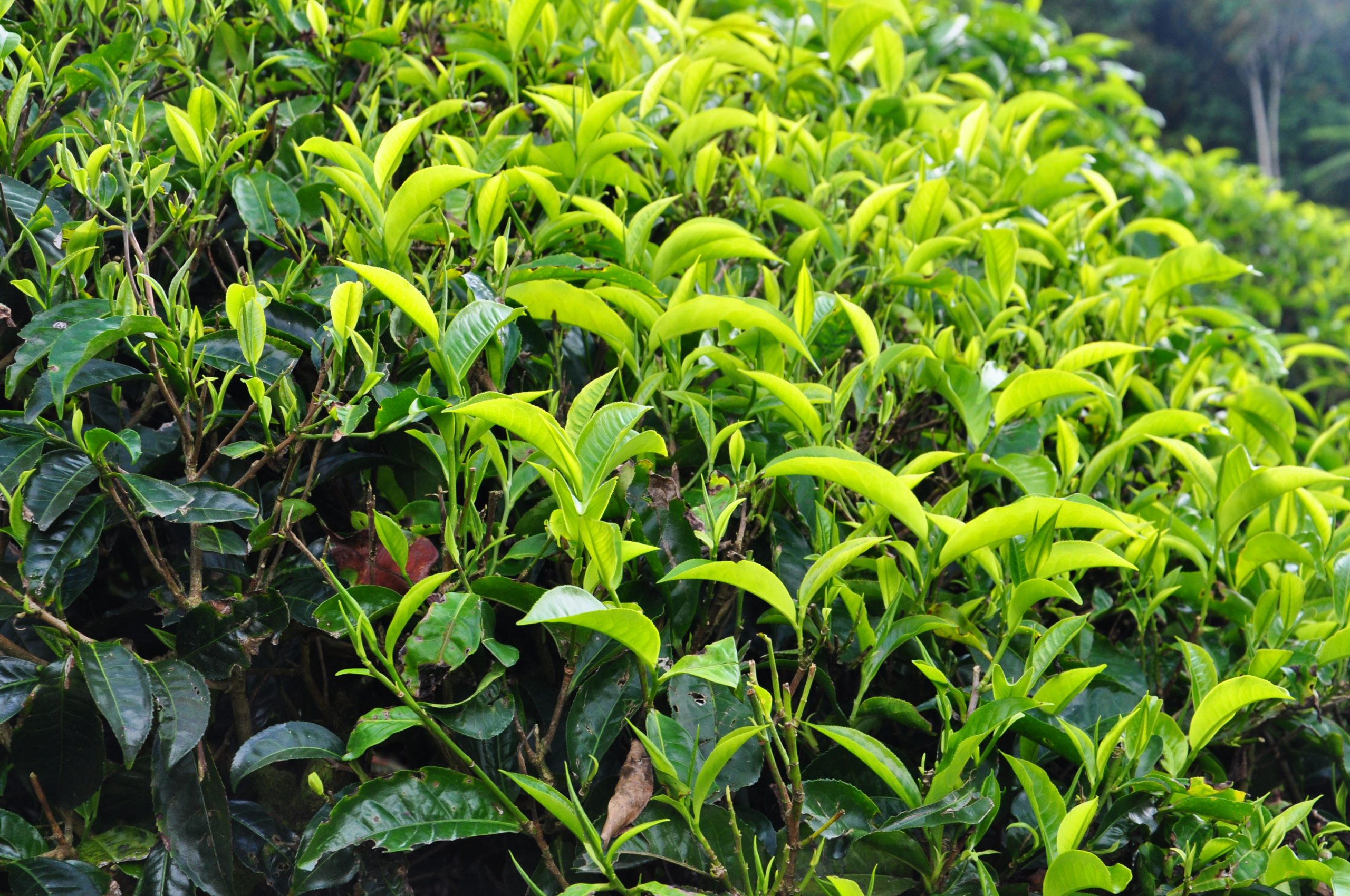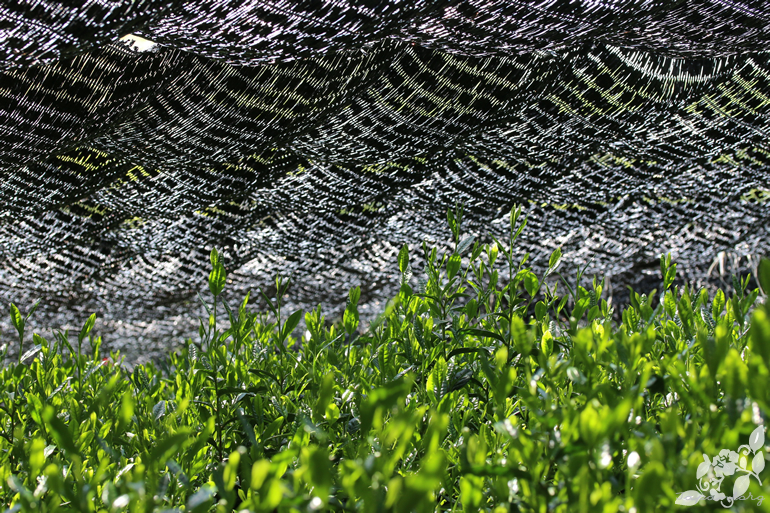
Climate change, diet and contamination-related health issues, civilization diseases, drastically polluted environment- those are just a few of such challenges. There are numerous ways, in which we- privately, at home, taking little, everyday steps- can fight for our and our planet’s better future. One of such ways could definitely be a decision to consume organic products and support bionomical, sustainable farming. Why?
Firstly, it is important to explain, what organic products consist in. They are the products, the production of which was conducted with the use of explicitly natural farming methods- that is, totally free of GMO practices or artificial fertilizers, without the use of pesticides (unless absolutely necessary- in such case, only the usage of certified, non-toxic substances is allowed), or any other toxic chemicals. Thanks to that, consumers can be certain of organic products’ beneficial impact on their health, as they are a natural treasure trove of vitamins and minerals, in tune with nature and our organisms.
The most significant argument within the discussion on organic consumption would definitely be healthfulness. Products without the certificate of organicity are the great unknown, when it comes to their chemical composition. Sprayed with chemical poisons, artificially fertilized, chemically preserved and modified- they constitute a real chemical biobomb for our bodies. Frequently repeated is the myth, claiming that the chemical substances used during manufactured farming can be simply washed off the surface of the vegetables and fruit. We would like to make things clear- washing the chemicals off is impossible, for they fuse into the structure of the plant’s tissue, deep into the very core of the product. The only way to potentially get rid of detrimental substances within the consumed products is using an ozonator or enormous amounts of baking soda. However, due to the price and the amounts of time required to practice such methods, they are not really accessible for an ordinary consumer. And the only other alternative to avoid toxic influence of pesticides is to invest in organic consumption.

Modification and processing of plant-based food product is wrecking havoc not only within our bodies- it also highly endangers the environment and biodiversity. Our ecosystem is an extremely complex structure, and each and every organism plays its part in its sustainability. Modification of just one of the links of this elaborate chain results in changes, which we are unable to predict- which is why the human intervention into the ecosystem’s functioning is a dangerous game. The effect of spraying, genetic modifications and artificial fertilization are permanent changes to the environment and contamination of the soils, which, while migrating with the rains, pollute enormous areas. Under its influence, the species, which turn out to be necessary for other species to survive, extinct, and all this elaborate ecosystem’s construction begins to collapse.
Organic farming and consumption actually do require somewhat more effort than manufactured mass production. Smaller, bionomical farms are not as efficient as huge plantations pumping up their production with pesticides and artificial fertilizers. However, we believe that our planet-our home-deserves a mindful, respectful utilization of its resources. This is why we, as a producer, ensure that our products come from entirely bionomical, sustainable plantations. Tea leaves, which we use for production, are growing in harmony with Mother Nature… and Mother Nature returns the favour, making our products particularly healthy, packed with vitamins, and full of flavour- as she does in case of each organic product.
The prices and effort, which come with organic consumption, may be a bit daunting. But we encourage you to do yourself a favour, and decide to pay that little extra cost. Your body, mind, soul, and planet will all thank you.
This publication was created in the face of the ongoing month of Organic September. The information on organic consumption and about the action itself can be found on the website of the action’s founder: British Soil Association.


